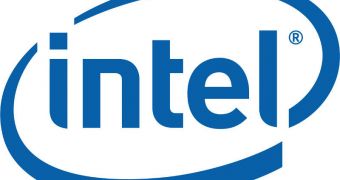Intel has recently announced the creation of a new laboratory at the company's Leixlip campus near Dublin, Ireland, that will be dedicated to the research of new ways to apply Intel's technology to a low-carbon emission economy.
The Intel Energy and Sustainability Lab (ESL) was announced by Intel Chief Technology Officer Justin Rattner and Taoiseach Enda Kenny together with European Union Commissioner for Research, Innovation and Science, Máire Geoghegan Quinn.
“Energy and Sustainability are two of the biggest challenges in our world today – we are delighted to be leading the research to solve these major challenges from Europe,” said Martin Curley who is Director of Intel Labs Europe.
“We have helped create a new nascent ecosystem for accelerating our collective progress towards achieving a goal of a much more sustainable and energy efficient society,” concluded the company's rep.
One of the focus areas of the Energy and Sustainability Lab is the ‘Personal Energy Management’ research program which drives research into energy management solutions for future smart grids.
Together with the announcement of the new lab, Intel also showcased a number of research projects that were run in this field.
These included studies regarding the integration and optimization of electric vehicles into Ireland’s energy system, and an easy to use Wireless Energy Sensing Technology (WEST) devices that monitors energy usage in the home and provides users with the said information.
These were accompanied by the Personal Office Energy Manager (POEM) device, which provides office users with a holistic, visual and numeric representation of the amount of energy an individual is consuming, which will enter a pilot program in November with a large French utility company.
When ESL will begin its activity it will add to the more than two dozen R&D locations held by Intel throughout Europe, and to the 1,500 researchers working in these facilities. (via EETimes)

 14 DAY TRIAL //
14 DAY TRIAL //